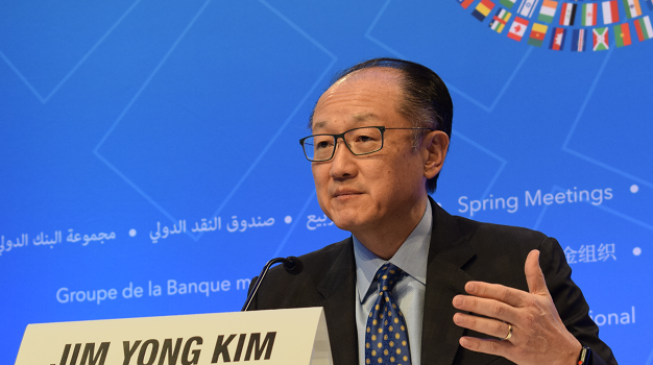
Jim Yong Kim, World Bank president, says subsidies provided by African countries help the rich more than the poor.
Speaking to journalists at the ongoing Spring meetings of the International Monetary Fund (IMF) and World Bank in Washington DC, Kim said African countries could raise revenue for investing in health and education by removing these subsidies.
“They should be better at collecting taxes, you know, to just provide the basic services we think countries should collect at least 15 percent of GDP in taxes,” he said.
“If African countries were to remove fossil fuel subsidies that are often very regressive, in other words, they help the rich more than they help the poor. Even agriculture subsidies, there are many agricultural subsidies that are also very regressive. They don’t help the smallholder farmers, but they help others in the value chain.”
According to Kim, the bank is concerned that African countries might not be able to compete with their peers in the nearest future.
“We’re extremely concerned that many Africa countries are not prepared to compete in what is increasingly becoming a digitalized economy. We also see lots of evidence that suggests that many of the low skill jobs will be taken over by technology.
“There’s tremendous hope that technology could help some African countries, many African countries we hope leapfrog and go forward and find new ways of driving economic growth. But that there’s no getting away from the need to invest much more and much more effectively in health and education.”
The World Bank chief also warned that loan conditions and interest rates be looked at carefully.
The US department of state sounded a similar warning in February specifically in relation to China’s investments in Africa. - Cable Nigeria
No comments:
Post a Comment